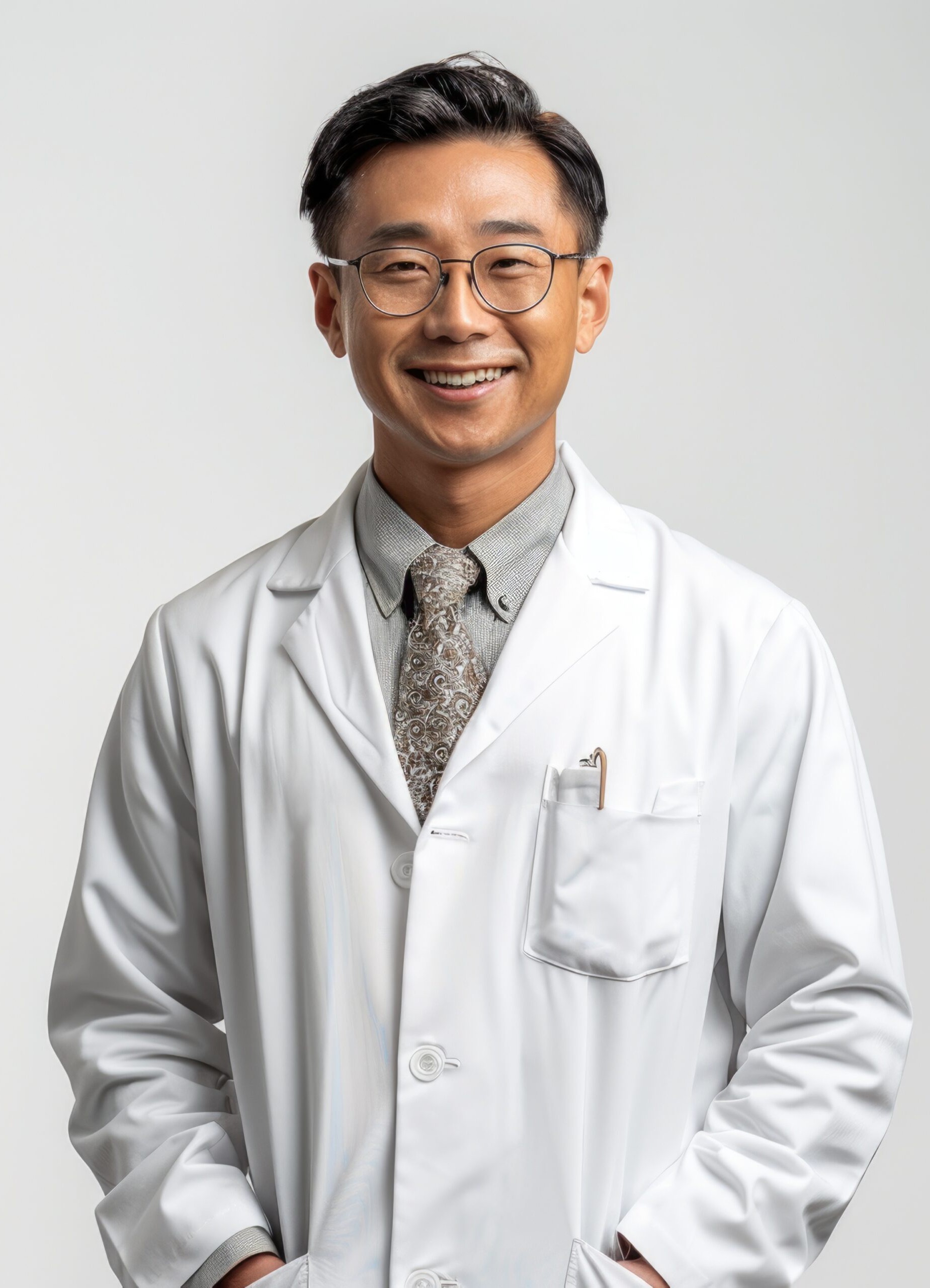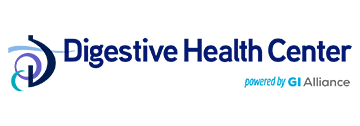Colonoscopy in Thibodaux, LA
What Is a Colonoscopy?
A colonoscopy is an endoscopic procedure where a long, thin, flexible tube (scope) is inserted into the rectum and guided through the entire colon (large intestine). The scope, which comes equipped with a built-in light and camera, allows our team to thoroughly investigate the lining of the colon. Colonoscopies help diagnose gastrointestinal issues like diarrhea, bleeding, abdominal pain, or abnormal x-ray results.
Colonoscopies are often performed on asymptomatic patients starting at age 45 (or earlier based on medical history) to screen for polyps and other signs of colon cancer. This procedure remains the only preventive strategy for colorectal cancer. At Digestive Health Center, our board-certified gastroenterologists have years of experience performing routine colonoscopies for Thibodaux, LA patients. Contact our location for more information.
What Are the Benefits of A Colonoscopy?
Colonoscopy exams are crucial for preventing colon cancer, especially for individuals over 45 or those at higher risk. Regular colonoscopy screenings offer numerous benefits for both gastrointestinal and overall health:
- Detecting early signs of colon and rectal cancer
- Finding and removing abnormal growths
- Diagnosing conditions like diverticulosis and inflammatory bowel disease
- Providing the most effective screening for colon and rectal cancer
- Potentially saving lives
With the advances we’ve seen in gastrointestinal procedures, today’s colonoscopies are faster, more comfortable, and more accurate than ever.
What Happens During A Colonoscopy?
Your GI health provider will give you detailed instructions for bowel preparation before your procedure. This usually includes a clear liquid diet the day before your appointment and laxatives to clean out the colon. Following these instructions closely is essential. There may be specific guidelines regarding your medications, especially if you take blood thinners or have diabetes. Typically, you should not eat or drink after midnight before the exam, except for necessary medications.
Arrive at the endoscopy center 1 – 1.5 hours before your appointment to complete the necessary paperwork and prepare. You will change into a medical gown, and an IV catheter will be inserted to administer sedation. Monitoring equipment will track your heart rate, blood pressure, pulse, ECG, breathing, and oxygen levels during the procedure.
In the exam room, we will have you lie on your left side. Sedation will be given through the IV in small doses to ensure your safety and comfort. Once you are sedated, the physician will perform a rectal exam, then insert the colonoscope into the rectum and guide it through the colon. Air is introduced through the scope to improve visibility. Any residual fluid in the colon can be washed and suctioned out through the scope.
During the exam, the doctor can perform biopsies of suspicious growths, remove polyps, and control bleeding as needed. The procedure typically lasts 15 – 30 minutes.
When Should I Expect My Colonoscopy Results?
After the procedure, you will be taken to a recovery area to be monitored as the sedation wears off. The recovery time varies, but most patients are ready for discharge within 45 – 60 minutes.
You must arrange for someone to drive you home, as you will not be capable of driving for the rest of the day. Avoid work, signing important documents, and strenuous activities for the remainder of the day. Most patients can resume normal eating and drinking after leaving the endoscopy unit, but you will receive specific instructions regarding activities, diet, and medications.
The doctor or nurse will discuss your colonoscopy results with you, but due to the effects of sedation, you might not remember the details. If possible, we recommend bringing someone with you to hear the results. You will also receive a written report, and biopsy results are usually available within a week.
Are There Any Colon Cancer Screening Tests Besides A Colonoscopy?
While a colonoscopy is the most effective method for examining and treating colon abnormalities, there are alternative diagnostic options, like barium enemas and virtual CT scans. However, these alternatives only provide diagnostic information and do not allow for treatment; a follow-up colonoscopy or surgery may be required if abnormalities are found.
Are There Any Risks During A Colonoscopy?
Colonoscopy is generally a safe procedure, with complications occurring in less than 1% of cases. Most complications are not life-threatening, but some may require medical attention and even hospitalization.
One potential complication is a reaction to sedation. This can include allergic reactions, breathing difficulties, and effects on heart rate and blood pressure. Irritation of the vein used to administer the medication can also occur, though it is rare.
Bleeding is another possible risk, especially if biopsies are taken or polyps are removed. While significant bleeding is uncommon, it can happen either during the procedure or up to two weeks afterward, potentially requiring a blood transfusion or hospitalization.
Perforation, or a puncture in the colon wall, is a serious but rare complication. This may be identified during the procedure or later in the day and typically requires surgical intervention and hospitalization.
It is crucial to contact your doctor immediately if you experience symptoms such as worsening abdominal pain, bleeding, or fever following the procedure. Prompt medical attention can address these issues and prevent further complications.
While colonoscopies are highly effective, no test is perfect. There is a small risk of missing abnormalities, including polyps and cancers. Continuous follow-ups with your team at GI Alliance are essential to monitor for any new or persistent symptoms and to ensure your ongoing digestive health.
Colonoscopy FAQs
When is it suggested to get your colonoscopy screening?
We suggest individuals who are at standard risk for colon cancer start having a colonoscopy screening at age 45. If your chances of colon cancer are higher or if you are presenting indications of colon cancer, your GI doctor might suggest a colon cancer screening even before that age.
How often is it recommended you get colon cancer screenings?
Gastroenterologists suggest undergoing a colonoscopy exam every ten years for individuals who have general risk, who are in favorable health, and who have colonoscopy results that are not concerning. After your screening, your GI doctor will discuss with you how many years apart you should request colonoscopy screenings from here on out.
Is a colonoscopy a painful process?
Sedation will be given to you before your colonoscopy exam to help ensure your comfort and relaxation during the exam. Depending on the type of sedation provided, a number of individuals experience an intensely calm state and become drowsy, and many experience no memory of their procedure. Feel free to discuss what you may expect during the procedure with your colonoscopy doctor during your consultation.
What’s the average recovery time for a colonoscopy exam?
Generally, patients need around a full day to recuperate after a colonoscopy exam, and many patients can resume their daily routine the next day. If colon or rectal polyps are found and removed, the recovery time will likely last longer. It is common to experience a little bit of abdominal discomfort following a colonoscopy exam, like cramping and/or bloating. Our Digestive Health Center providers will give you more information on what you can expect while you recover.

